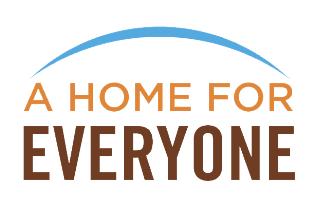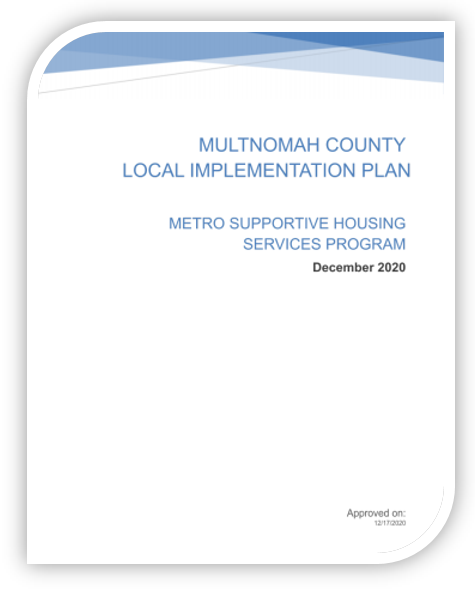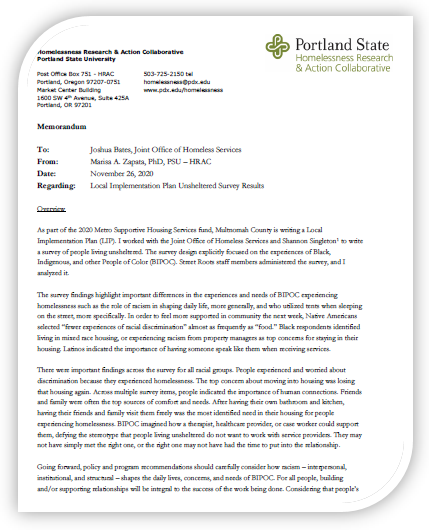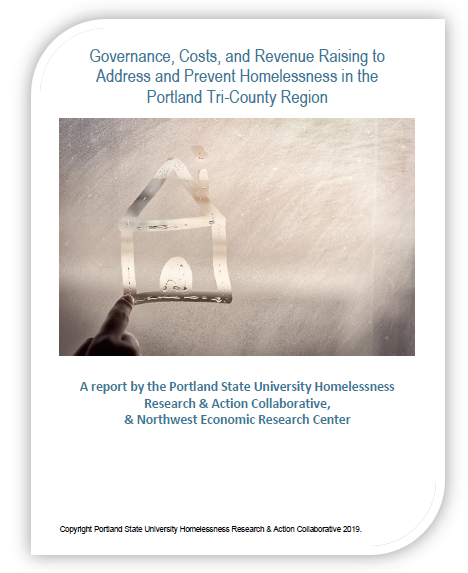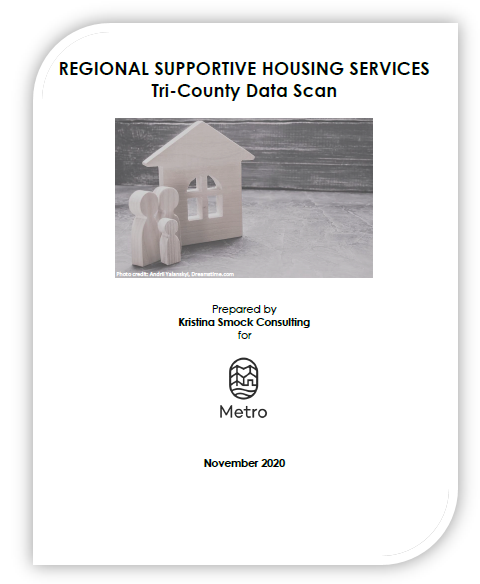SUPPORTIVE HOUSING SERVICES PROGRAM OVERVIEW
Effective and equitable implementation of supportive housing and homelessness services in Multnomah County
Right now, on any given night, thousands of our neighbors throughout the region are experiencing, or at risk of, homelessness. A large and growing percentage of these neighbors are considered chronically homeless. That means they have acutely disabling conditions, extremely low incomes, and have been living unsheltered or in emergency shelter for long periods of time.
At the same time, many other neighbors experience what’s known as episodic homelessness, meaning they experience shorter periods of homelessness. They may be living involuntarily doubled- or tripled-up, or they are paying such a high percentage of their limited income on rent and utilities that they continually face a substantial risk of becoming homeless.
In May 2020, voters in Multnomah, Clackamas, and Washington counties approved the Metro Supportive Housing Services Measure 26-210. Through the passage of this measure, Metro’s new Supportive Housing Services (SHS) Program will aim to reduce rates of chronic and short-term homelessness, and address racial disparities within the homelessness service continuum across the Tri-County region.
Funding from the Measure began flowing to Counties in July, and already those resources are being put into the community through the Joint Office of Homeless Services.
Shelters are under construction and serving people thanks to these funds.
Outreach teams and cleanup programs are hiring right now.
Behavioral health caseworkers are helping clients find housing.
And tenants are finding long-term homes with support services.
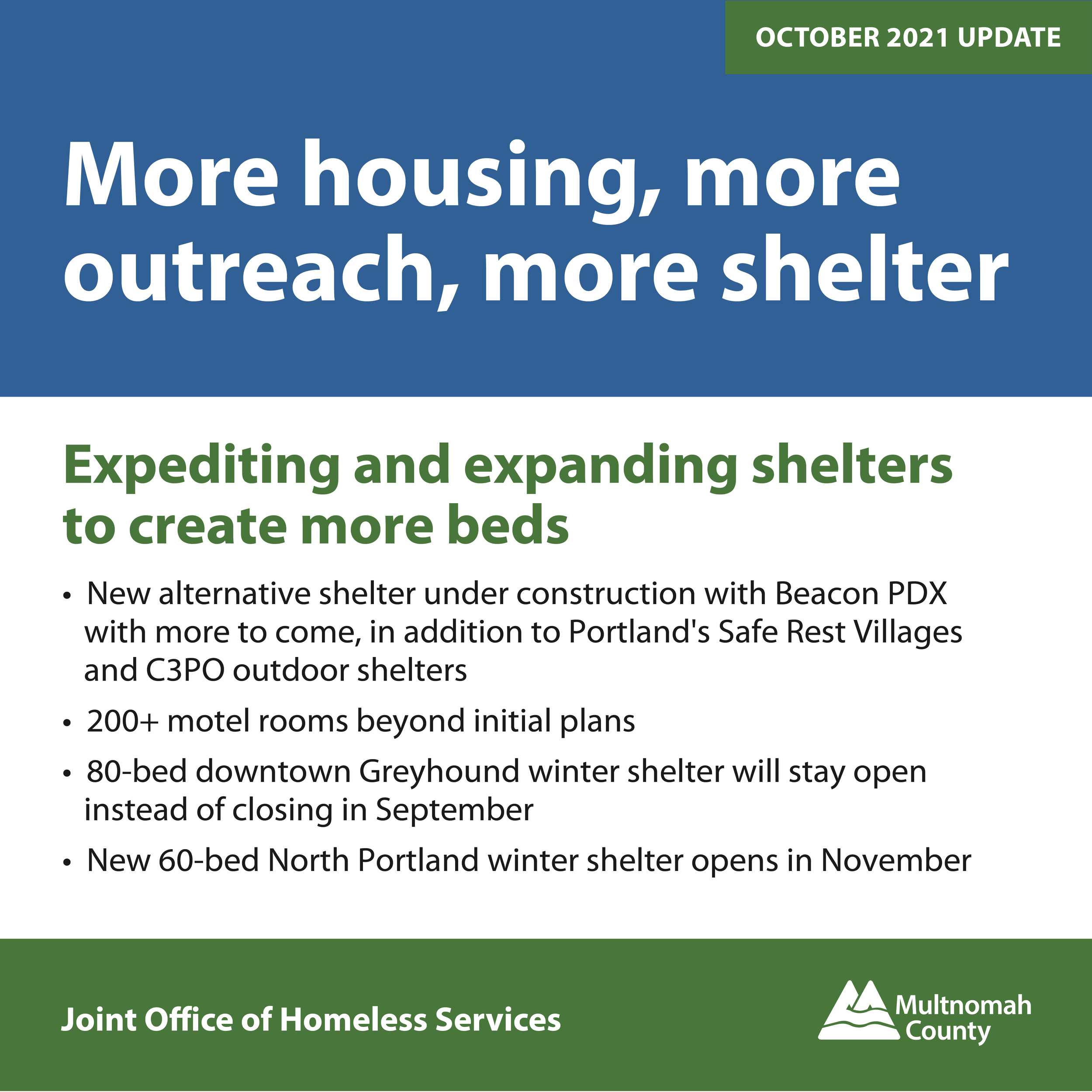
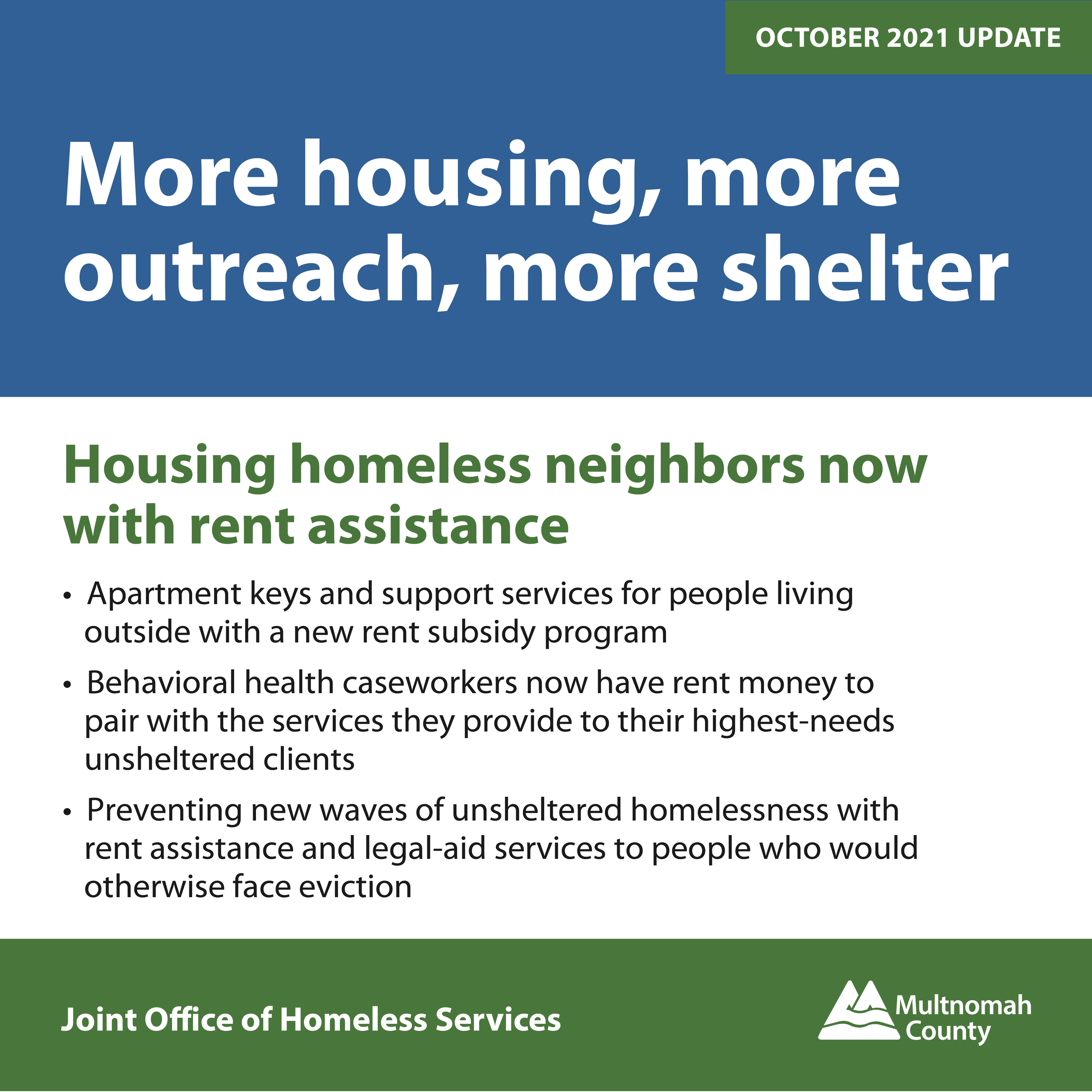

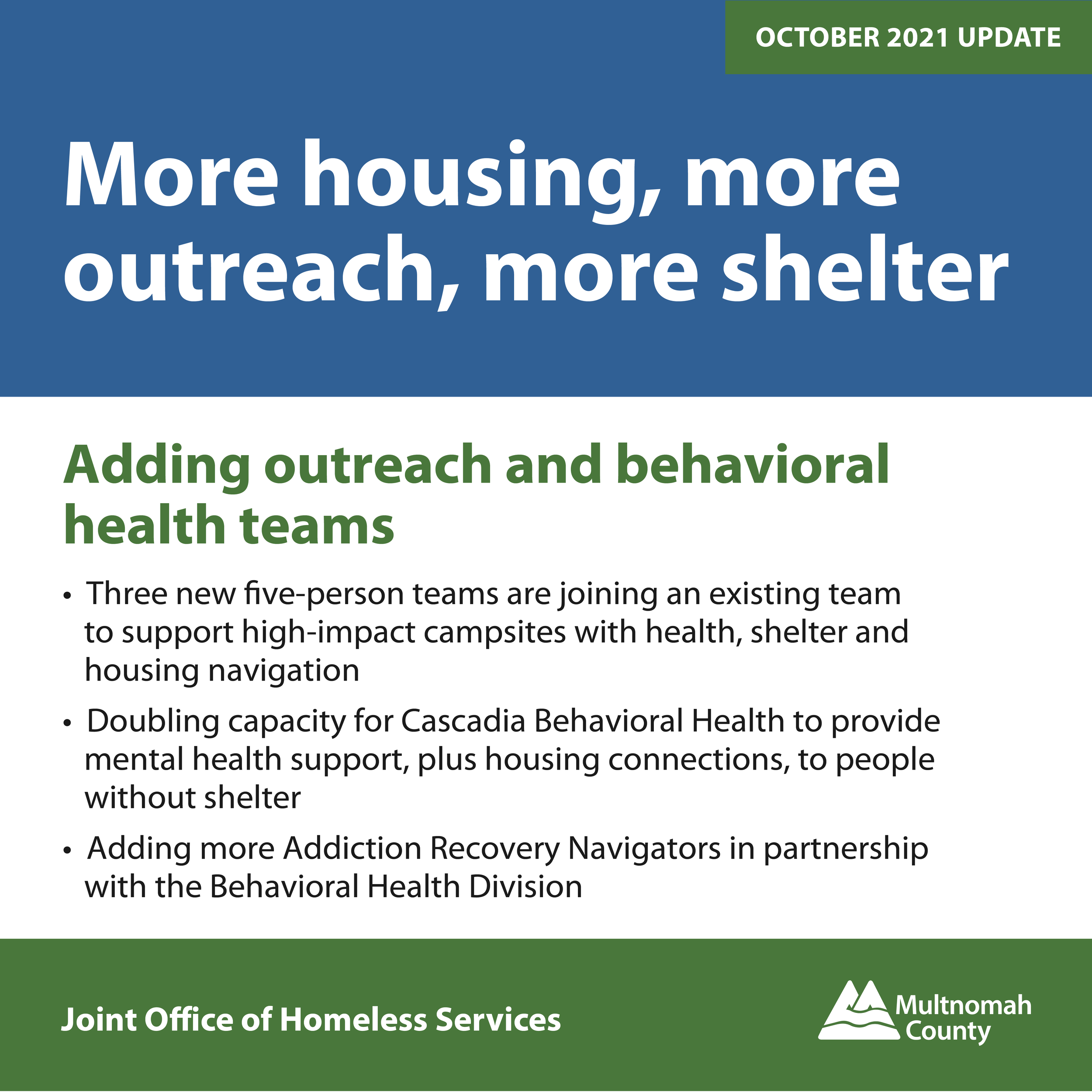
In just the first year of this program, the Joint Office set a goal of funding 1,300 housing placements and more than 400 new shelter beds, including in alternative shelters such as villages, and in motels. The Joint Office also is working to add more street outreach capacity and better connect with the community’s Behavioral Health system. At the same time, the Joint Office is investing in the ability to clearly and transparently analyze and share outcomes with the community, across all of its work.
We will accomplish this by making unprecedented investments that center racial equity, leverage existing systems, and provide the flexibility necessary to offer truly participant-centered approaches to meeting the needs of our un-housed neighbors. The Metro SHS Program will provide the services side of housing built through the Metro Housing Bond and Portland Housing Bond.
Metro charged each county with developing a Local Implementation Plan to document the proposed use of funds and how those uses align with the purposes of the Supportive Housing Services Measure. In Fall 2020 the Joint Office of Homeless Services launched a community engagement process with its partners, convening hundreds of community stakeholders through virtual engagement sessions, and offering digital and in-person surveys, to inform the plan for Multnomah County.
The AHFE Coordinating Board — which includes people with lived experience, service providers, and members of the business community — served as the local advisory body for the development of this plan and recommended it unanimously.
The AHFE Executive Committee, which includes business leaders and political leaders from the City of Portland and Multnomah County, also recommended the plan unanimously. In addition, the Joint Office briefed the Portland City Council and the Multnomah County Board of Commissioners, with the County Commissioners approving the plan unanimously in December. Click the image to the right to read the full plan.
Every aspect of this crisis disproportionately and increasingly impacts Communities of Color due to persistent structural, institutional and individual racism. Over the next ten years, the SHS Program is estimated to bring in $2.4 billion to the Tri-County region for supportive housing services. Some examples of these services include rent assistance, culturally specific and responsive wrap-around services, and behavioral health services for people experiencing homelessness. Starting in July 2021 each county will receive a portion of the collected revenue.
QUESTIONS?
The Joint Office of Homeless Services welcomes your questions and comments about the implementation of the Metro Supportive Housing Services Program. Email our team at [email protected].
Register for updates at the bottom of any A Home For Everyone webpage, or click here, to stay connected and informed about the SHS Program.
Follow the County’s public budgeting process, watch County Board hearings live here, and keep in mind these important dates:
Thursday, May 6, 10:00am – 11:45am: JOHS FY 2022 Budget Worksession (including Supportive Housing Measure)
Wednesday, May 5, 6pm – 8pm: FY 2022 Virtual Public Hearing #1
Wednesday, May 12, 6pm – 8pm: FY 2022 Virtual Public Hearing #2
Thursday, June 3, 9:30am – 11:30am: Board Meeting | Adopt FY 2022 Budget
A HOME FOR EVERYONE’S GUIDING VALUES
The Joint Office of Homeless Services aligns with A Home For Everyone’s guiding values:
Prioritize the most vulnerable and promote racial and ethnic justice. Hold the programs we fund accountable and use data to make decisions. Engage and involve the community. Strengthen system capacity and increase leveraging opportunities.
OVERSIGHT
Administration of Measure revenue in Multnomah County
The Joint Office of Homeless Services will administer the Measure revenue according to the guidelines set forth in our Local Implementation Plan and approved in the Multnomah County 2021-22 fiscal budget. To learn more about the County’s budget process, go here.
Multnomah County Community Stakeholder Body
The A Home for Everyone (AHFE) initiative will serve as Multnomah County’s community stakeholder body. The AHFE Coordinating Board and Executive Committee oversaw the development of our County’s plan and will provide oversight for it over the next ten years. AHFE is currently undergoing a strategic planning process which may change the makeup, governance, and administration of the initiative. A Home For Everyone holds monthly public meetings.
Regional Oversight Body
Metro has convened a 20-member regional oversight committee to provide oversight to the regional implementation of the SHS Program. The committee is composed of five members from each county, one ex-officio member from each County’s Board of Commissioners, one ex-officio member from the Portland City Council, and one non-voting delegate from the Metro Council. The Metro Regional Oversight Committee holds monthly public meetings.
TRI-COUNTY ADVISORY BODY
Metro plans to convene a body to approve and advise on regional program planning and implementation. The design of this group is still under development.
